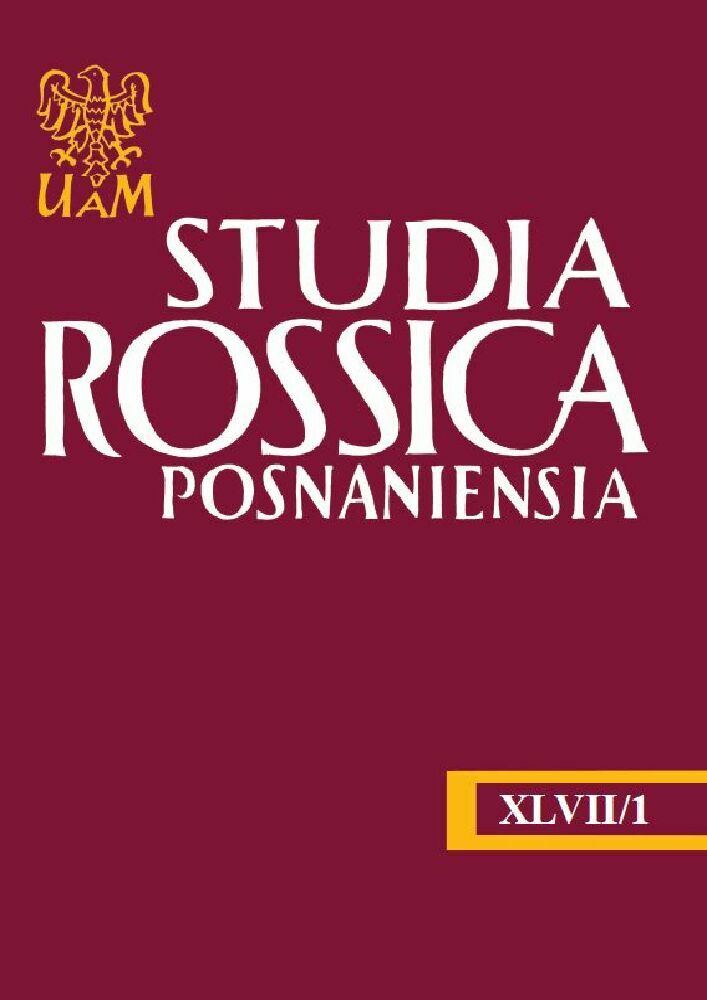Vol. 47 No. 1 (2022)
Published 2022 June 25
Full Issue
PDF (Język Polski)
Introduction
Articles
21-41
43-58
59-73
75-89
91-110
111-128
129-142
143-162
173-185
187-206
207-227
229-242
